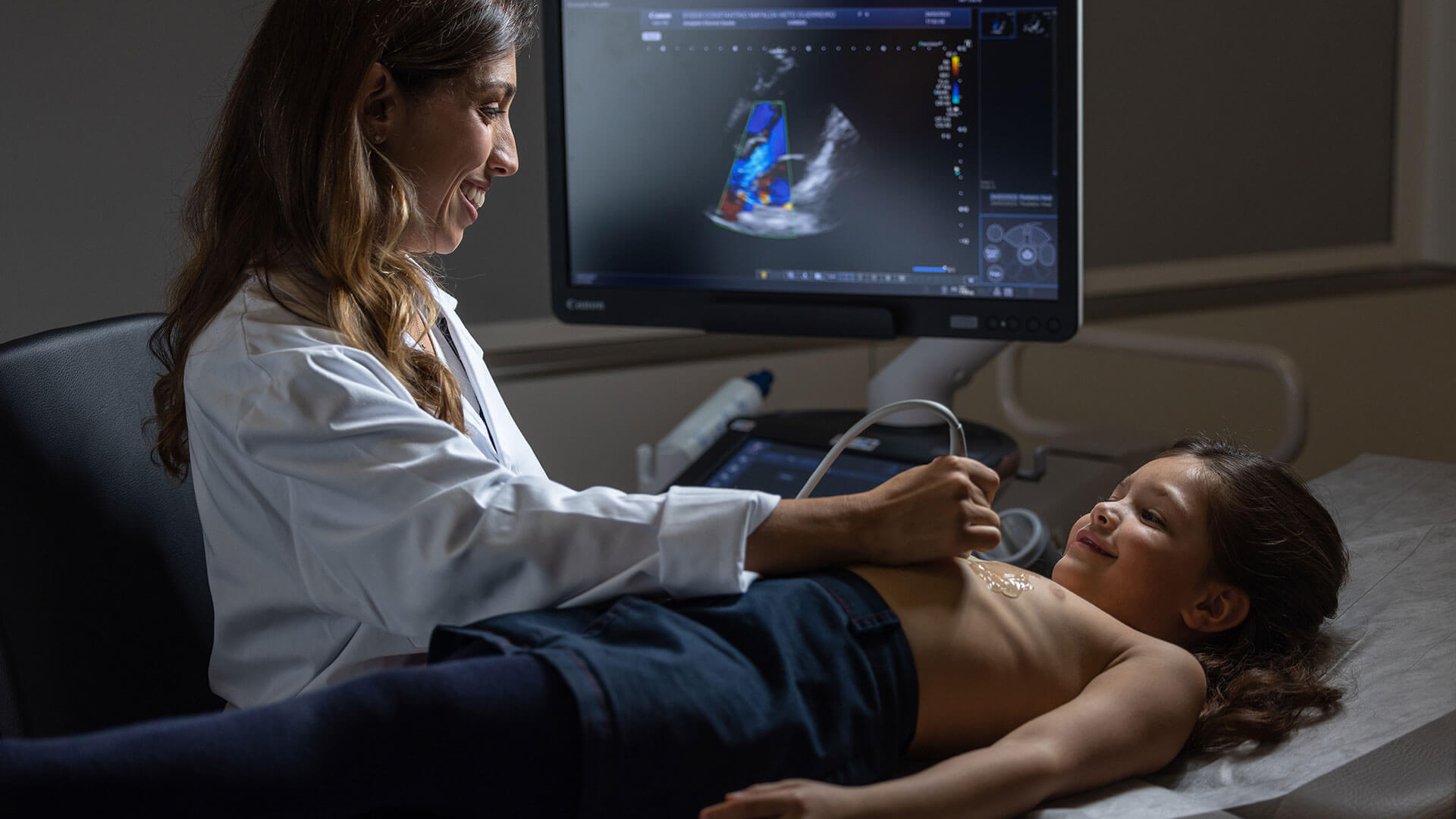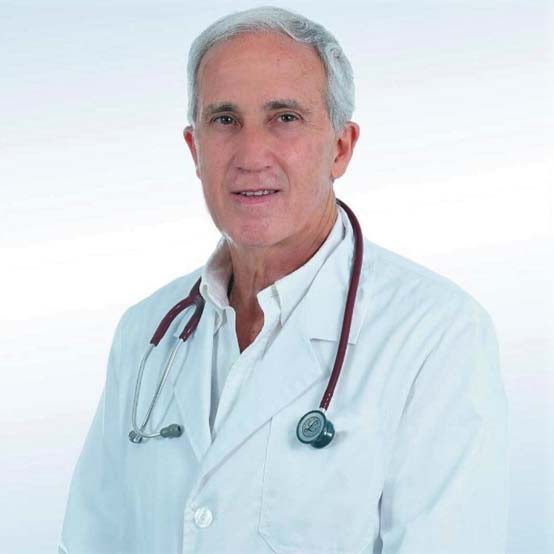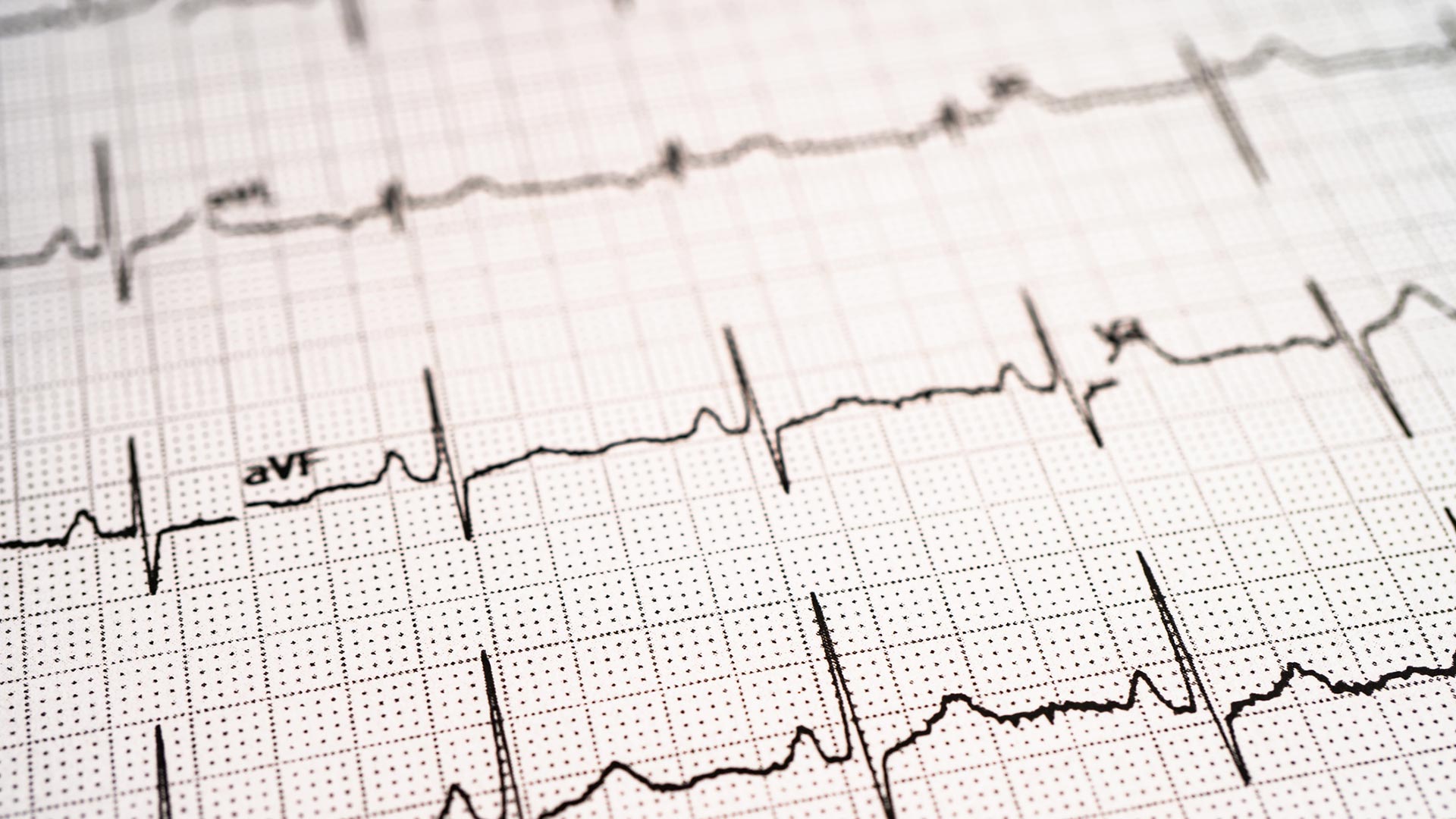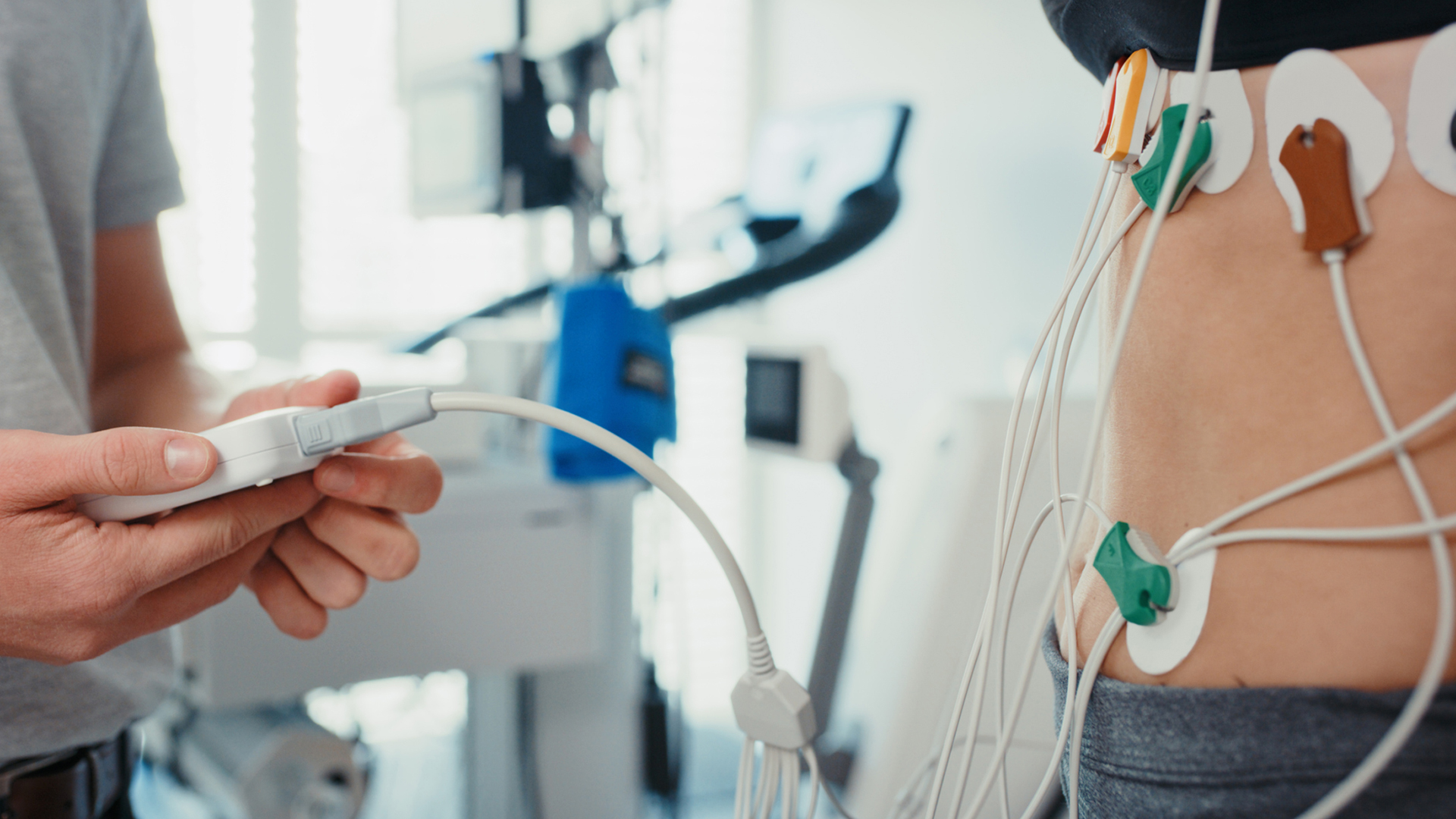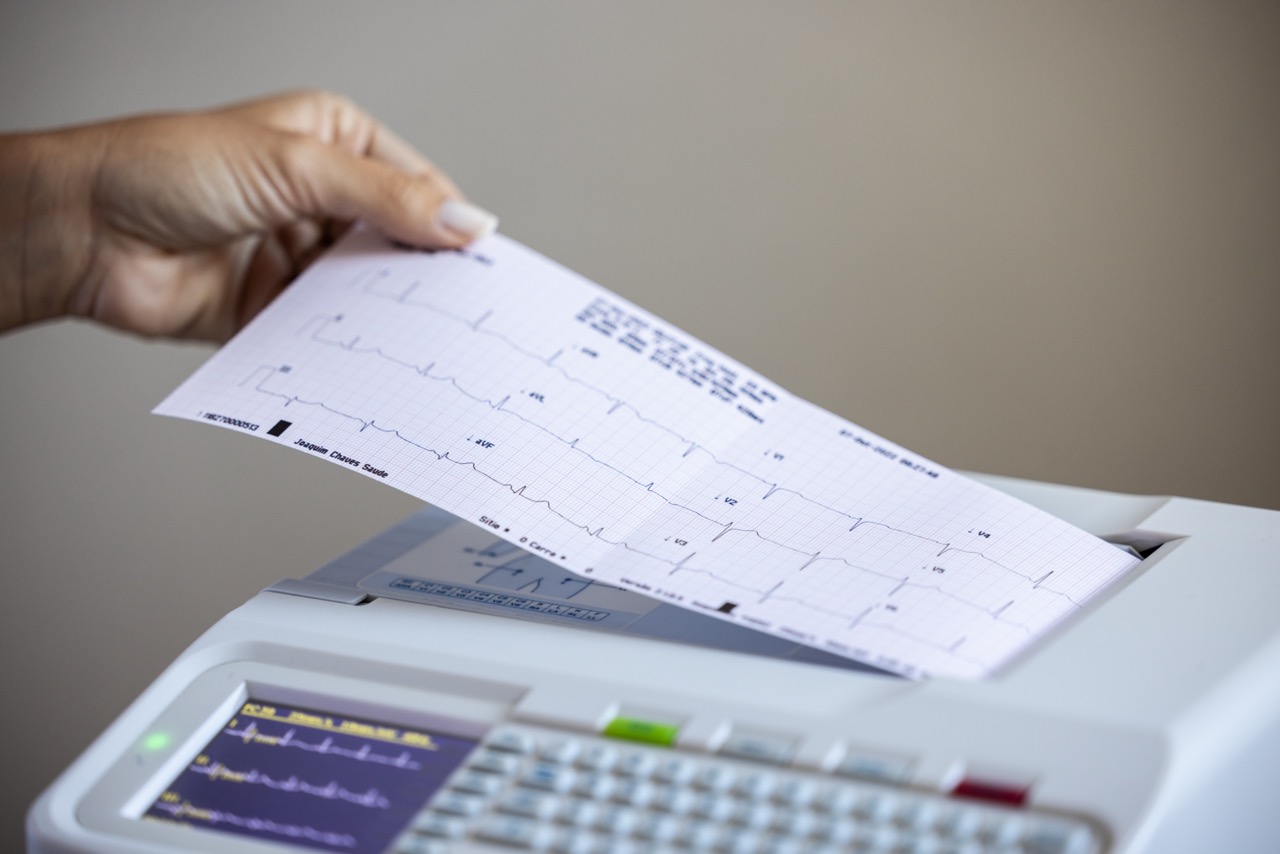Consulting a Paediatric Cardiologist is not an exclusive need for adults. Discover what Paediatric Cardiology is and when you should seek this specialty.
There is a common belief that children and adolescents, being young, require less healthcare attention. However, around 8 out of 1000 live births in Portugal have heart malformations or abnormalities, known as congenital heart diseases. Additionally, one out of every four of these congenital heart diseases requires some form of surgical or percutaneous intervention within the first month/year of life. Thus, children's hearts require care. Get to know Paediatric Cardiology and in which situations you should seek this medical specialty.
Paediatric Cardiology: what it is and why it's necessary?
Paediatric Cardiology is a medical specialty that diagnoses, prevents, and treats heart diseases from fetal life to the beginning of adulthood. The diagnosis of cardiac anomalies or malformations is possible even in the womb through prenatal exams, such as fetal echocardiography. Early surveillance is essential to detect and treat any condition as soon as possible.
Cardiac pathologies in children, whether congenital or acquired, present characteristics and progressions quite different from adult diseases, including heart rate and rhythm, heart size and weight, and response to various therapies. Since a child is still in the process of physical development, it requires a differentiated approach by experts in this field. A Paediatric Cardiologist is specially trained to evaluate and treat any cardiac condition that may arise.
Usually, the referring physician for Paediatric Cardiology consultation is the attending paediatrician or family doctor when there is a suspicion of a cardiac pathology. The signs and symptoms that most commonly lead to seeking this specialty include the auscultation of a heart murmur, arrhythmia, fatigue during feeding, difficulty in gaining weight, lip cyanosis (bluish discoloration of the lips), and episodes of loss of consciousness (fainting). Regular follow-up in the Paediatric Cardiology Consultation is also recommended for children with Down Syndrome (Trisomy 21) due to their increased predisposition to being born with and developing heart problems throughout their lives.
The diagnostic auxiliary exams used in Paediatric Cardiology are as comprehensive as those for adults: Echocardiogram with Doppler (to assess cardiac anatomy, myocardial function, and heart valves); electrocardiogram (to evaluate the "electrical" part of the heart); 24-hour Holter monitoring (to evaluate electrical activity over a full day); Exercise Stress Test (to evaluate the heart's electrical activity before, during, and after performing a "maximum" physical effort); Ambulatory Blood Pressure Monitoring (ABPM) to rule out/confirm a diagnosis of hypertension. During the consultation, you can talk to the doctor and clarify any doubts arising from your child's test results, as well as the need for any type of treatment or follow-up in the specialty consultation.
Paediatric Cardiologist: signs your child may need one
Paediatric Cardiology consultation is essential for preventing and monitoring heart diseases from an early age. Here are the signs to watch out for that may indicate the need to seek this specialty:
- Paleness or fatigue at rest or while feeding.
- Shortness of breath and excessive sweating.
- Very fast or very slow heartbeats.
- Cyanosis (bluish discoloration of lips, tongue, fingers, or nails).
- Inadequate weight gain.
- Chest pain.
- Dizziness and fainting.
- Intense or competitive sports activities.
During the Paediatric Cardiology consultation, the doctor will assess if your child has any cardiac problems and provide appropriate treatment if necessary.
How to maintain a healthy heart from an early age:
Caring for the heart from an early age can help prevent the development of cardiac complications in adulthood. Here are the key points to consider:
1. Engage in physical exercise:
The earlier children start engaging in physical exercise, the higher the chances of becoming active adults and preventing heart diseases. It is important to find activities that you can do with your children to help them stay healthy. For example, playing soccer, jumping rope, or going for walks not only benefit the heart but also promote social interaction and boost self-esteem.
2. Control cholesterol levels:
Cardiovascular diseases are associated with high cholesterol levels in childhood and adolescence. High cholesterol is not just an adult condition; it is more common than you might think during the early stages of life. Therefore, paediatric prevention of heart diseases involves monitoring and maintaining cholesterol levels within healthy limits through regular physical exercise and a balanced diet.
3. Monitor blood pressure:
The same applies to blood pressure. Hypertension is one of the main risk factors for cardiovascular diseases, which is why blood pressure measurements are routinely taken during Paediatric Cardiology consultations. When blood pressure exceeds healthy values, the heart and arteries are subjected to additional strain. Therefore, moderate salt intake to a maximum of 5 grams per day. If you check the nutritional composition of certain foods, such as potato chips, you'll be surprised to see how much you may have already exceeded that limit.
4. Maintain a balanced diet:
A child's diet is closely linked to that of the parents, as children tend to imitate what they see and adopt surrounding habits. Set a good example by preparing healthy meals. Consume fruits, vegetables, and legumes regularly, including soup (encouraging your child to do the same). Pay special attention to your children's snacks and prioritize healthy foods over what the child may request.
5. Prevent diabetes:
Diabetic individuals have an increased risk of developing heart diseases. In recent years, there has been a concerning rise in type 2 diabetes due to the increasing incidence of childhood obesity. Therefore, avoid the consumption of sugary drinks, sweets, and desserts to reduce blood sugar levels.
6. Weight control:
In Portugal, 32% of 7-year-old girls are overweight or obese, and the same applies to 29% of boys. Excess weight is usually synonymous with complications that lead to heart diseases, due to increased cholesterol, triglycerides, and blood pressure.
7. No smoking:
Studies have proven that passive smokers have an increased risk of developing cardiovascular diseases. Therefore, remember that your cigarette smoke harms the health of your children and everyone around you. Tobacco hardens the arteries, increases the likelihood of blood clot formation, and respiratory problems such as asthma.
Joaquim Chaves Saúde taking care of your child's heart:
The heart should be taken care of from the earliest moments of life. The Paediatric Cardiology specialty at Joaquim Chaves Saúde is by your side to help you in the prevention and treatment of your child's heart diseases. Stay attentive, do not overlook any signs, and schedule a consultation. The Paediatric Cardiology specialty is available at the Cascais Clinic and the Miraflores Clinic, where you will find experienced professionals to provide specialized care for your child. Schedule your appointment now.
